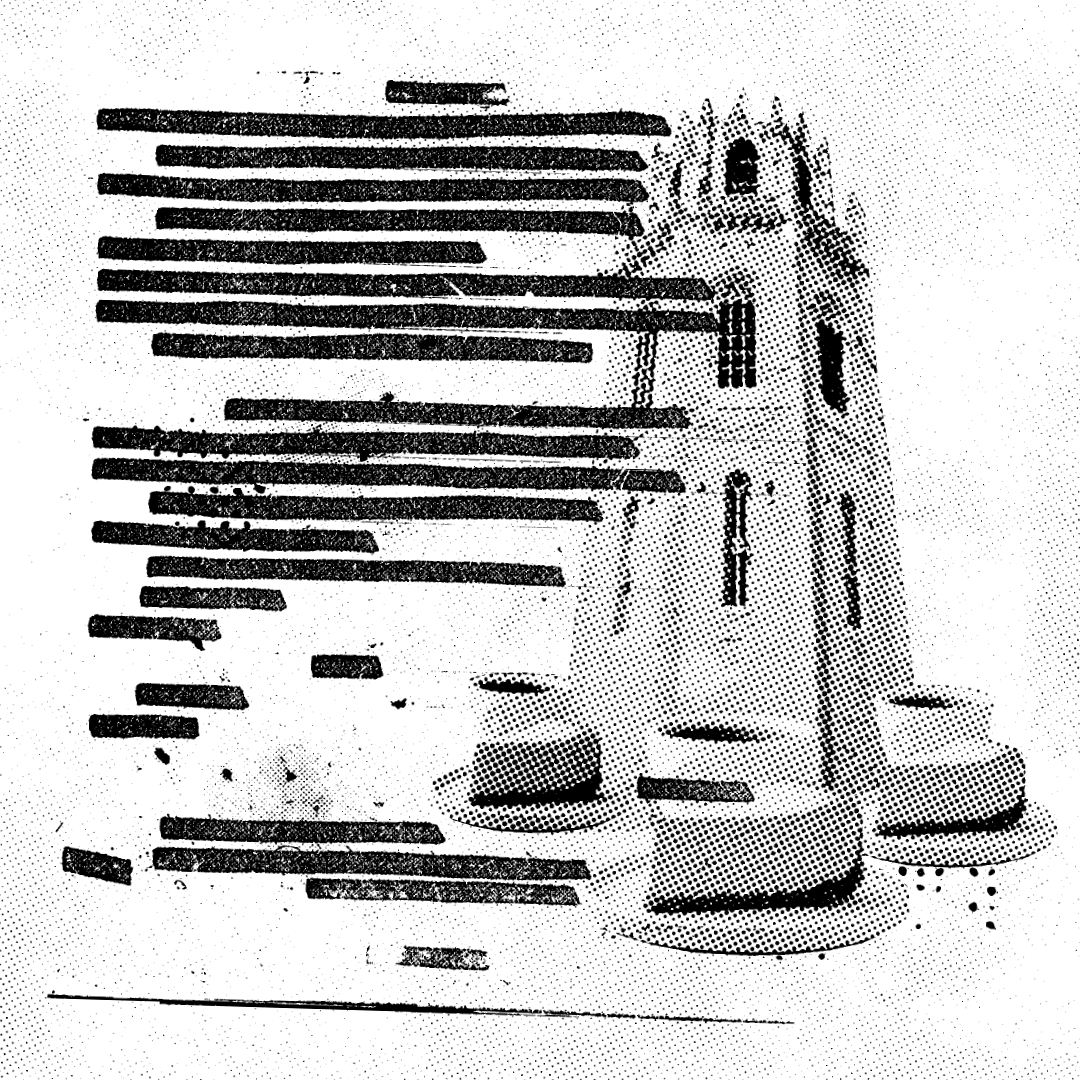The luxury of saying no.
Lets start this post with two statements 2,400 years apart.
“This invention [writing] will produce forgetfulness in the minds of those who learn to use it, because they will not practice their memory. Their trust in writing, produced by external characters which are no part of themselves, will discourage the use of their own memory within them. You have invented an elixir not of memory, but of reminding; and you offer your pupils the appearance of wisdom, not true wisdom, for they will read many things without instruction and will therefore seem to know many things, when they are for the most part ignorant.” —Plato, Phaedrus 275a–b
Large language models don’t amplify your creativity and agency. Large language models stunt your creativity and rob you of agency. When someone applies a large language model it is an example of tool use. But the large language model isn’t the tool. —Jeremy Keith, LinkedIn.
Both are dire warnings—and smug declarations—about the corrupting power of the new technology of the day. The first quote feared writing would dissolve memory and produce an illusion of wisdom. The second suggests AI tools dissolve creativity and strip people of agency.
Same posture. Different century.
I don’t have an issue with people being skeptical of new technology. I’m skeptical too, and so should you. We should be asking hard questions about how these systems are built, who they exploit, and who they ultimately serve. But when the critique turns into a litmus test for moral worth—when someone implies that using a tool makes you complicit, compromised, or creatively bankrupt—we’ve crossed out of analysis and into something else entirely. Something detached. Something smug.
These declarations and argument rest on unspoken privilege. It’s easy to reject a tool when you’re not under pressure to use it. When your work isn’t subject to performance reviews, sprint cycles, client demands, or executive mandates. When you’ve never had your job rewritten out from under you by someone who saw an AI demo and decided “yeah, let’s do that.” It’s not courage. It’s insulation.
Most people don’t get to say no. Not really. They’re not debating whether to use AI on principle. They’re trying to figure out how to keep their job without surrendering their judgment or drowning in tasks that keep multiplying while headcount shrinks. For most people, using an LLM isn’t an abdication of thought—it’s often the only way to carve out enough time and focus to do any real thinking at all.
And no, using an AI tool to brainstorm, summarize, rephrase, or kickstart an idea doesn’t rob you of your voice. That’s not how agency works. People are not empty containers that get overwritten by the first autocomplete suggestion they see—where was your outrage then? The assumption that tools passively rewire us, no matter our intent, no matter our context, no matter our discipline, is reductive at best and infantilizing at worst.
The real threat to creativity isn’t a language model. It’s a workplace that rewards speed over depth, scale over care, automation over meaning. If we’re going to talk about what robs people of agency, let’s start there. Let’s talk about the economic structures that pressure people into using tools badly, or in ways that betray their values. Let’s talk about the lack of time, support, mentorship, and trust. Not the fact that someone ran a prompt through a chatbot to get unstuck. Where is the empathy? Where is your support for people who are being tossed into the pit of AI and instructed to find a way to make it work? How is the view from your ivory tower?
There’s a difference between thoughtful skepticism and condescending distance. The former is useful. The latter is just another form of self-congratulation. And it doesn’t help the people doing the work—people trying to stay human, thoughtful, and creative inside systems that make all three of those things harder by the day.
So sure, critique the tools. Call out the harm. But don’t confuse rejection with virtue. And don’t assume that the rest of us are blind just because we’re using the tools you’ve decided are beneath you.
Even though Plato thought writing might kill memory, he still wrote it down.


Member discussion